SUMMARY
This is AI generated summarization, which may have errors. For context, always refer to the full article.
![[OPINION] To build better, we need inclusive capitalism](https://www.rappler.com/tachyon/2021/07/inclusive-capitalism-July-6-2021.jpg)
Trusted. Fair. Responsible. Dynamic. Sustainable.
This is how the Council for Inclusive Capitalism with the Vatican envisions a reimagined capitalist economic system for the world.
Launched in December 2020, the Council, under the moral guidance of His Holiness Pope Francis and the Vatican, is a coalition of business and global leaders from different parts of the world, representing a collective $10.5 trillion in assets under management, $2.1 trillion in market capitalization, and 200 million workers; and with offices present in 163 countries and territories. Market leaders who committed include Ford Foundation, Johnson & Johnson, Mastercard, Bank of America, the Rockefeller Foundation, Merck, Salesforce, Visa, and the Philippines’ Ayala Group.
The Council’s vision is to “deliver long-term value to all stakeholders – businesses, investors, employees, customers, governments, and communities – guided by an approach that provides: equality of opportunity; equitable outcomes; fairness across generations; and fairness to those in society prevented from full economic participation.”
Why inclusive capitalism?
“An inclusive capitalism that leaves no one behind, that discards none of our brothers or sisters, is a noble aspiration worthy of our best efforts,” said Pope Francis in his November 19, 2019 address to the members of the Council.
Many would think twice in accepting, and some would even immediately dismiss, the push for inclusive capitalism. Many have also argued that the capitalist system is a failure and continues to fail the people and the planet.
Why still support capitalism?
Is “inclusive capitalism” not the same as vicious capitalism, now only couched in a more PR-friendly way?
Doesn’t the world need an entirely new economic system that would solve the ills that capitalism has itself created and perpetuated?
A push for inclusive capitalism is what progressive believers and non-believers alike would definitely not expect from a Pope who has been branded as a radical mover in Church history – not only in its teachings and sensibilities, but also its leadership and administration, and the very lifestyle of St. Peter’s successor.
Remember, however, that Pope Francis has been consistent with his critique of capitalism. In one instance, he said, “While the earnings of a minority are growing exponentially, so too is the gap separating the majority from the prosperity enjoyed by those happy few. This imbalance is the result of ideologies which defend the absolute autonomy of the marketplace and financial speculation.”
This makes us think: what could be the rationale in “opening the doors of the Vatican” to the sector that he himself called the birthplace of a “new tyranny?”
Pastoral and social justice mission
This move may be understood in light of Pope Francis’s encyclical, “Fratelli Tutti.” While Francis has not been inadequate in voicing his concerns on the injustices and sufferings brought by the current economic system, the encyclical speaks volumes on a two-way invitation with respect to business and economic leaders: first, that these leaders rethink their practices that perpetuate the “throwaway culture” not only of resources, but of humans and of the planet as well; and second, that we ourselves, who call for a more just economic system, simultaneously rethink our perception and immediate aversion against businesses and their capacity for goodness.
Pope Francis, invites us — all of us, including the lowly worker and the richest CEO — to be brothers and sisters to all, and to be “neighbors” to each other “whether or not they belong to our social group,” and “to put aside all differences and, in the face of suffering, to draw near to others with no questions asked.” Thus, his support for inclusive capitalism is indeed a pastoral act of solidarity, and not of mere partnership that aims to promote a curative resuscitation of a dysfunctional system.
We recognize the potential for coalition-building that Pope Francis may be seeing in the Council for Inclusive Capitalism. With expanding populist and nationalist sentiments globally, it is becoming increasingly difficult to deal with a united community of nations on issues that truly matter. But the ills of society, despite all of these, persist. While inclusive capitalism may not be the only way, and not be the best one, to move forward, it is definitely one concrete action that we can collectively take. And we must grab it.
What it means for the developing world and for the Philippines
Of course, more is demanded from the business sector than the disadvantaged and exploited populations, just because the former wields the economic power in this system. Much is expected from the Council of Inclusive Capitalism as it leads like-minded business leaders in this change, especially in the part of the world that is most vulnerable.
We expect that there must not only be a question of whether or not there is a change, reform, or transition; but at what rate this should be done. Without sounding existentialist, there is a need to be decisive and aggressive in this transition, because more lives are put at risk by the minute when we think of the global crises of poverty, COVID-19, and a climate emergency that is accelerating and getting worse by the month.
Contextualizing it in the Philippine setting, Jaime Augusto Zobel de Ayala, the lone Filipino member of the Council for Inclusive Capitalism, sets a bright path for Filipino business leaders to emulate. “All of us who thrive on the successes of capitalism need to have a sense of responsibility and empathy to counteract the forces of inequity that the system also creates,” he said. Ayala’s commitments to the Council include:
- Supporting anti-poverty frameworks resulting in 50% reduction of extreme poverty in AFI project areas by 2030 through Ayala Foundation;
- Championing Universal Health Coverage in the country, touching the lives of one in five Filipinos by 2030 through AC Health;
- Ensuring equal access for all women and men for 85% of the nonworking population to affordable and quality secondary and tertiary education by 2030 through iPeople;
- Increasing renewable energy portfolio to 5GW in the Philippines and in foreign markets by 2030 through AC Energy;
- Expanding access to banking and financial services to 25% of the underbanked population of the Philippines through Bank of the Philippine Islands (BPI);
- Leading the country’s digital transformation by providing universal and affordable internet access in the Philippines for 90% of the population by 2030 through Globe;
- Upgrading to sustainable infrastructure to promote resource efficiency and clean technology, avoiding 36,135 tons of CO2 through AC Infra;
- Enabling low-emission vehicles and demonstrating manufacturing value add of $1 billion through AC Industrials; and
- Supporting full and productive employment and decent work for all and equal pay for work of equal value by ensuring employment remuneration is 10 to 20% above the industry average through Ayala Corporation.
While other Filipino conglomerates may not yet be ready to fully commit to this train of inclusive capitalism, small steps may still be done to slowly shift from harsh economic practices into more sustainable ones: ensuring humane labor conditions, divesting from extractive and non-renewable energy sources, reducing carbon emissions in its operations, and renewing ways of redistributing value and wealth to its stakeholders. All of these steps must have an ultimate goal in mind and an operational timeline — much like how businesses run their operations.
Ayala ends his message with words that arguably encapsulate the vision of inclusive capitalism, despite its admitted shortcomings. “On solidarity, there lies our sustainability.” – Rappler.com
Tony La Viña teaches law and is former dean of the Ateneo School of Government.
Jayvy R. Gamboa is a student at the University of the Philippines College of Law and an advocate of youth formation.
Add a comment
How does this make you feel?



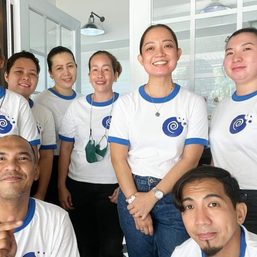
![[Vantage Point] Why are more ‘frentrepreneurs’ betting on franchising?](https://www.rappler.com/tachyon/2022/10/Why-are-more-%E2%80%98Frentrepreneurs-betting-on-franchising.jpg?resize=257%2C257&crop=142px%2C0px%2C900px%2C900px)

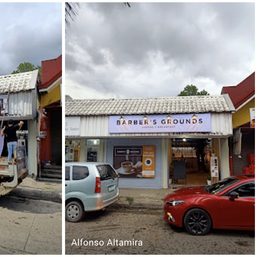
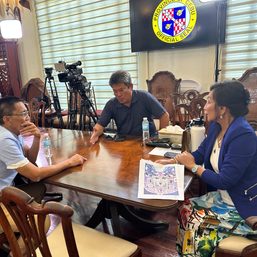
![[OPINION] On divorce and Filipino values](https://www.rappler.com/tachyon/2024/04/divorce-filipino-values-april-24-2024.jpg?resize=257%2C257&crop_strategy=attention)
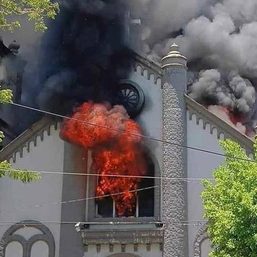
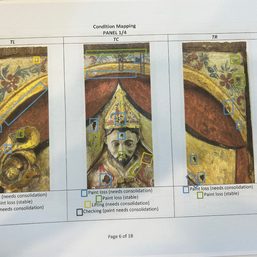
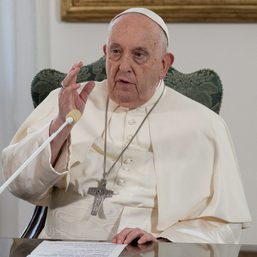
![[OPINION] In a changing climate, how do we ensure safety and health at work?](https://www.rappler.com/tachyon/2024/04/Climate-change-safety-workers-April-25-2024.jpg?resize=257%2C257&crop_strategy=attention)
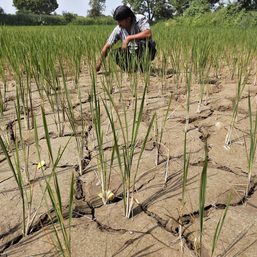

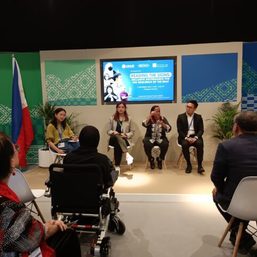
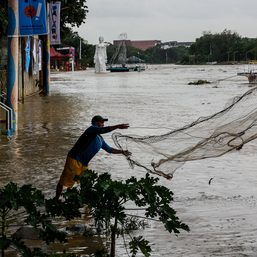

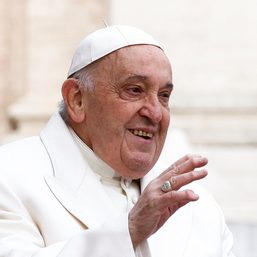

There are no comments yet. Add your comment to start the conversation.